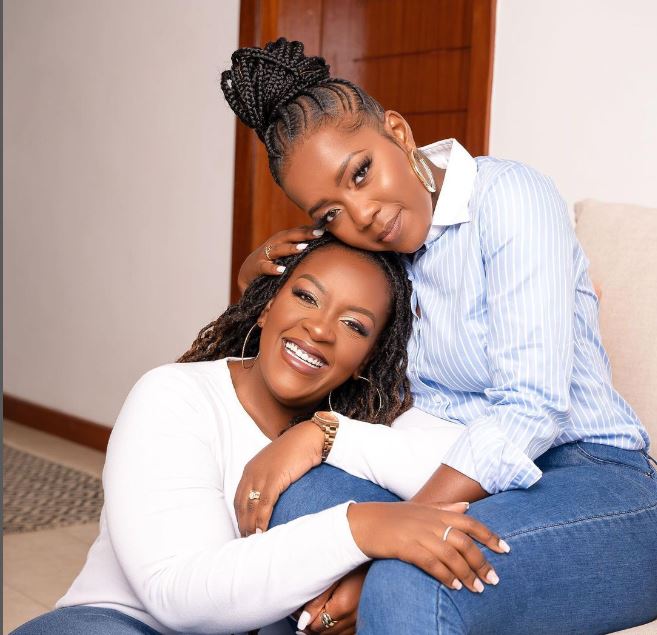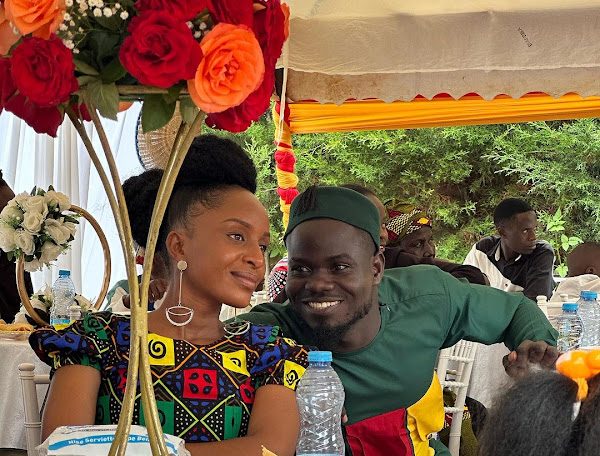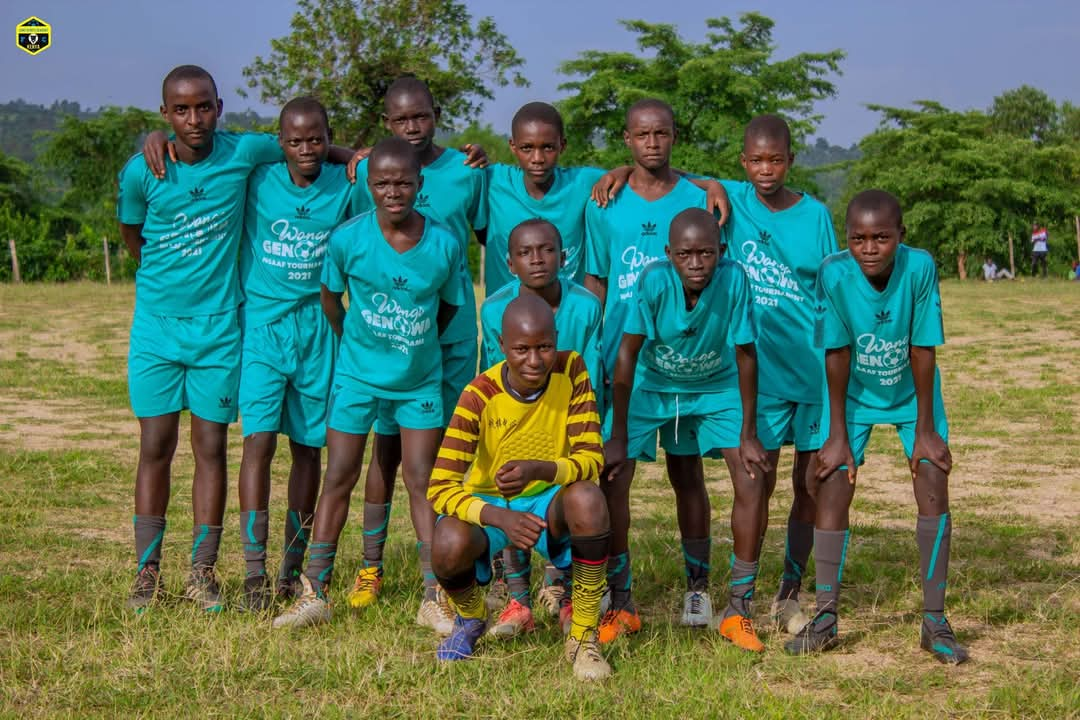Controversy Erupts at National Drama Festivals as Butere Girls Stage Walkout Over “Echoes of War” Play
The Kenya National Drama and Film Festivals in Nakuru County descended into chaos on Thursday morning as students from Butere Girls High School staged a dramatic walkout, refusing to perform their controversial play, Echoes of War. The play, which has been at the center of a national debate on freedom of expression, governance, and youth empowerment, has sparked widespread criticism of the government’s handling of the situation, with allegations of censorship, police intimidation, and deliberate sabotage.
The drama unfolded at Melvin Jones Hall, one of the venues hosting the 63rd edition of the annual festival, which runs from April 7 to April 15. Butere Girls, who had fought a legal battle to secure their spot at the nationals, were scheduled to perform at 8:00 AM. However, the students took to the stage, sang the national anthem, and promptly walked off, citing multiple grievances. According to the students, they were denied access to a public address system, stage props, and an audience—resources that other schools had been provided. They also claimed they had been barred from rehearsing for the past three weeks and were unable to meet with their director, former Kakamega Senator Cleophas Malala, who was arrested the previous night.
“We want to perform. We want to rehearse with our director. We want to perform in front of an audience,” one student declared from the school bus, her voice trembling with emotion. The students also demanded the release of Malala, who scripted the play and has been a vocal critic of the government. Malala, a former UDA Secretary General now at odds with the ruling party, was detained on Wednesday evening in Rongai, Nakuru County, and is currently being held at Eldama Ravine Police Station. His arrest followed a tense standoff with police, who reportedly blocked him from accessing Kirobon Girls High School, where the Butere students were staying.
The situation escalated as other schools joined Butere Girls in protest, chanting anti-government slogans, including some directed at President William Ruto. Police responded by lobbing tear gas into Melvin Jones Academy, forcing students to retreat to their buses. Several students were caught in the chaos, with some falling as they rushed for safety. “Funga dirisha, funga dirisha!” (Close the window, close the window!) students were heard shouting as tear gas filled the air. Journalists covering the event were also targeted, with six reporters sustaining injuries after police assaulted them and fired tear gas canisters. Affected journalists included Nation Media Group’s Purity Kinuthia, Citizen TV’s Mary Ann Nyambura, and Standard photographer Joseph Kipsang, whose camera was damaged in the melee.
Echoes of War, written by Malala, is set in a fictional nation recovering from civil war and follows a generation of young people using digital platforms to demand accountability, democracy, and justice. The play’s themes of governance, technology, and civil liberties resonate deeply with Kenya’s Gen Z, particularly in light of the 2024 protests against the government’s proposed Finance Bill. However, its critical portrayal of state structures has made it a lightning rod for controversy. The play was initially banned from the Western Regional winners’ gala, with the school’s drama club ordered to disband. This decision was overturned on April 3 by High Court Justice Wilfrida Okwany, who ruled in favor of free expression and ordered the school’s principal, Jennipher Omondi, to recall the 50 drama students and facilitate their participation in Nakuru.
Despite the court ruling, the students faced continued obstacles. On Wednesday, festival organizers imposed new rules, barring journalists and the public from accessing venues and prohibiting photography, videography, and live streaming of performances. The Kenya Institute of Curriculum Development (KICD), which had been broadcasting the festival on Edu TV, was forced to pack up its equipment. Critics argue that these measures were specifically designed to suppress the impact of Echoes of War.
The controversy has drawn sharp reactions from political figures and the public. KANU National Chairman Gideon Moi condemned the government’s actions, calling the students “daughters of this nation” who should be celebrated, not punished, for speaking truth through art. “The play is a bold and thoughtful satire on the collapse of social services, entrenched patronage politics, and broken promises, reflecting the lived frustrations of our young people,” Moi said in a statement. He likened the situation to the 2013 banning of Butere Girls’ play Shackles of Doom, also written by Malala, which was reinstated after a court battle.
Posts on X reflect a growing public outcry, with many users accusing the government of attempting to censor dissent. One user noted, “Stopping Butere Girls from performing at the national level seems like an attempt to censor dissent. When a school play begins to trend nationally, drawing praise for its courage and truth, it threatens the carefully crafted image the government wants.” Another user remarked, “The government is now performing the play on behalf of Butere Girls,” pointing to the irony of the state’s actions mirroring the play’s themes of oppression and resistance.
The play’s content has also stirred debate. A character in Echoes of War declares, “This is a generational war. A war against authorities who have turned a deaf ear to our cries. A war against our own parents, who cling to their rigid ways, are still trapped in the outdated norms and primitive practices of the past.” Such lines have been praised for their boldness but have also fueled the government’s unease, with reports suggesting that influential figures ordered the play’s suppression out of fear it could embarrass First Lady Rachael Ruto, an alumna of Butere Girls.









